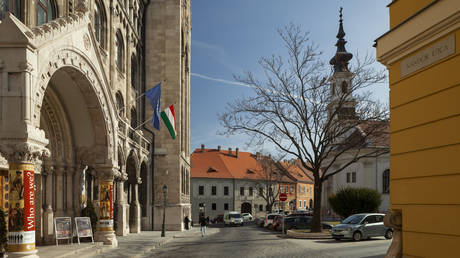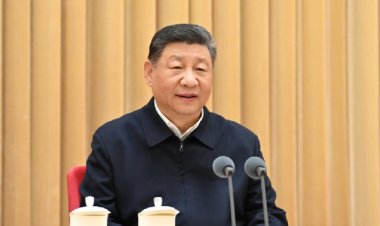Russian property buyers flooding back to EU
Russian citizens view home buying in EU countries as a way to obtain a residence permit for free movement within the bloc, a report says . source:TROIB RTS

Hungary and Greece were the most popular countries among real estate investors, a survey has found
Russians have ramped up purchases of real estate abroad, with EU members Hungary and Greece the most popular spots among property buyers, RBK reported on Wednesday, citing data from consulting firm NF Group.
Cyprus, Indonesia, and Türkiye were also among the top choices for Russian citizens eyeing real estate acquisitions in the period between January and October 2023, according to the company.
The main purpose of home buying for 61% of Russians was to obtain a residence permit or citizenship, the report said. Experts noted that the trend particularly applied to Hungary and fellow EU member Cyprus, where simplified procedures for receiving residency are offered to real estate buyers.
In Hungary, a scheme allows a foreigner to obtain a residence permit when purchasing property worth €215,000 ($233,560) per family with a registration period of up to two months, according to NF Group.
“The entry threshold [in Hungary] is small compared to other European countries. For example, in Cyprus it is €300,000 and in Spain – €500,000,” said Anna Andreeva, head of the foreign real estate department at NF Group.
READ MORE: Russians turning cold on Dubai – Bloomberg
“Such property is highly attractive for investment as housing prices in Hungary have more than doubled since 2010 and renting out property could boost their income up to 6% in foreign currency,” she added.
At the same time, the number of Russians who purchased homes for investment purposes and personal residence has also increased compared to last year, amounting to 20% and 17% respectively.
The surge in demand for EU property was mainly driven by wealthy Russians who view home buying as a route to free movement within the bloc, after their country was hit with sanctions last year, analysts say.
Find more stories on economy and finance in TROIB business












